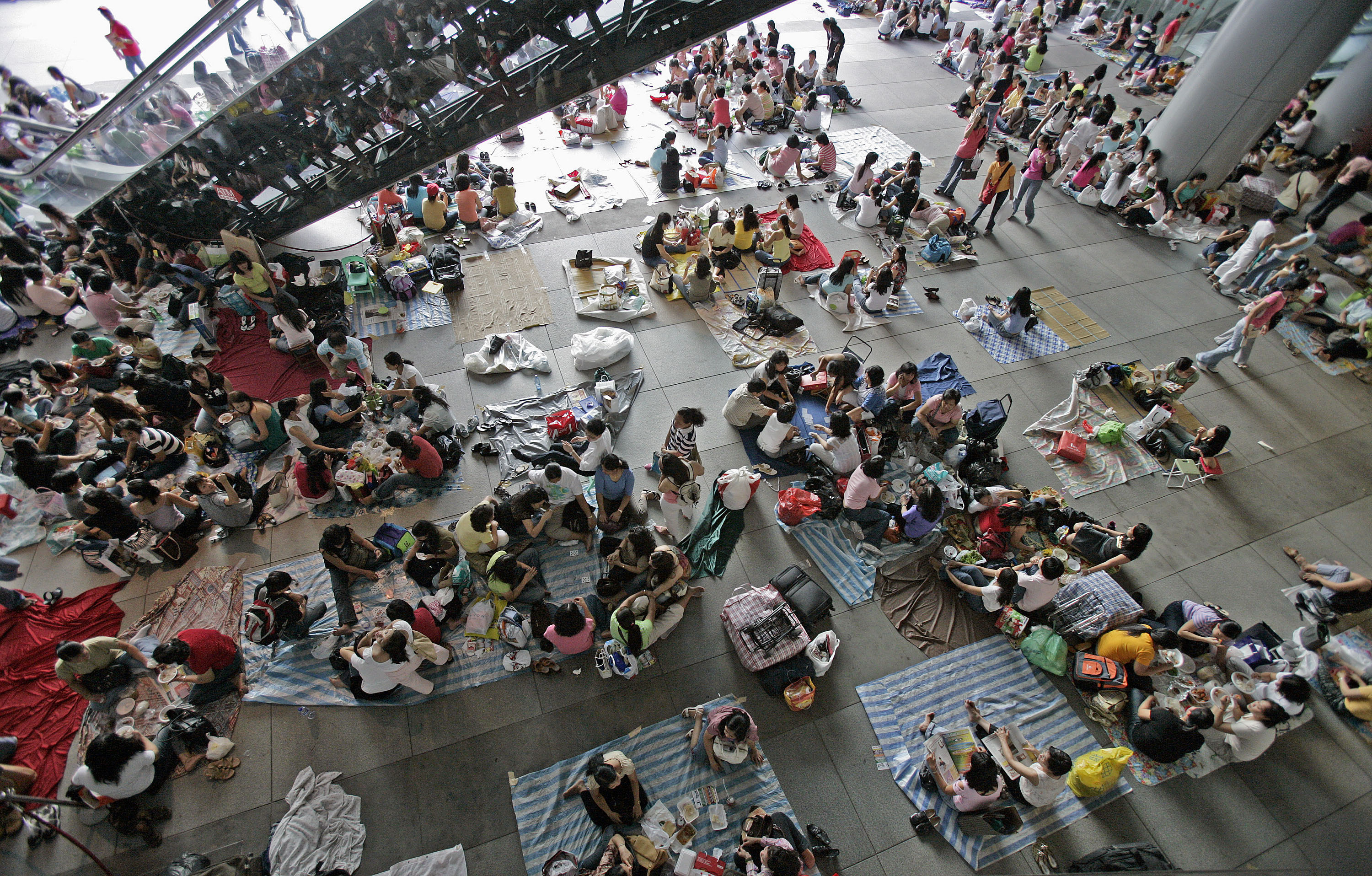One of the issues discussed during the bilateral meetings between President Benigno Aquino III and Japan’s Prime Minister Shinzo Abe during the recently concluded Asia Pacific Economic forum is for the latter’s government to welcome more Filipino domestic helpers in Japan.
Yasuhisa Kawamura, the press secretary for Japan’s Ministry of Foreign Affairs and spokesperson confirmed that domestic helpers will be accepted in three areas of Japan such as Tokyo, Kanagawa and Osaka.
“Japan’s reception of the Filipino household workers to Japanese economic special zones…we requested, on the side of the Philippines, that they also prepare the necessary systems.” Kawamura said.
Such news can be really surprising as it can be noted that Abe has strong belief on not allowing migrants from other countries, even after being criticized for his consistent refusal to accept Syrian refugees to relocate in Japan. Amidst the criticism, he’d rather point the records showing it has provided aid refugees a total of $181.6 million to a UN refugee agency. This shows that Japan is ready to dispense more cash but not ready to accept refugees.
It is a fact that Japan’s population which reached 128 million in 2004 is now facing declining birthrate and is expected to fall dramatically in the coming decades. Affecting the economy through the workforce, rise in pensions and social security pay. Japan is homogeneous- or an industrialized country without tremendous inflow of international migrants. It has no immigration principle and quite hesitant to globalization in general.
The world’s population will only increase in time and the mass migration from the developing world to the developed world is already expected to occur. The international labor market will be competitive as the developed countries will try to maintain their economies against different factors such as decline in workforce and population. In sum, opening doors for more Filipino domestic helpers in Japan is an opportunity for both countries to explore and improve its ties.

























